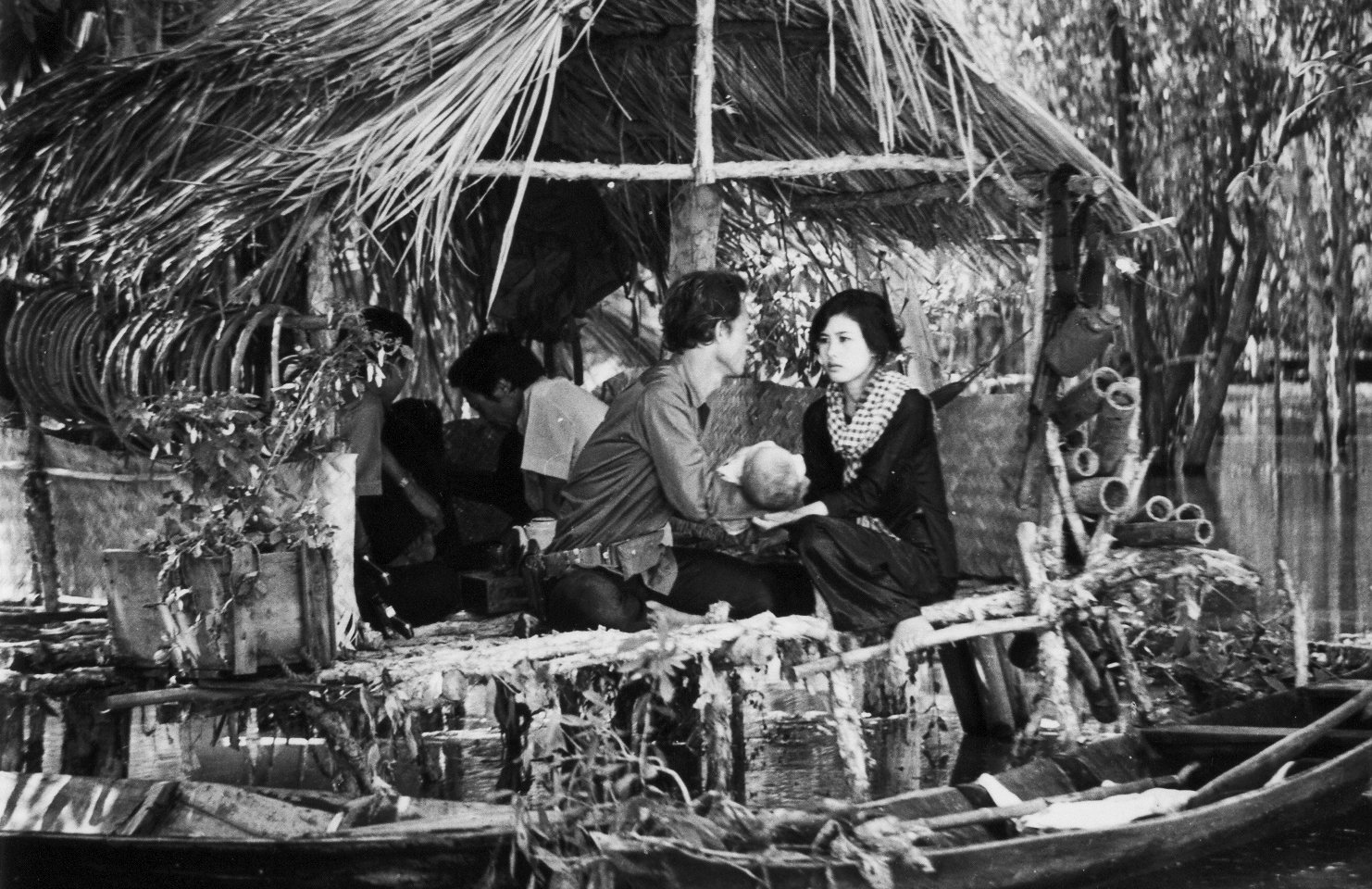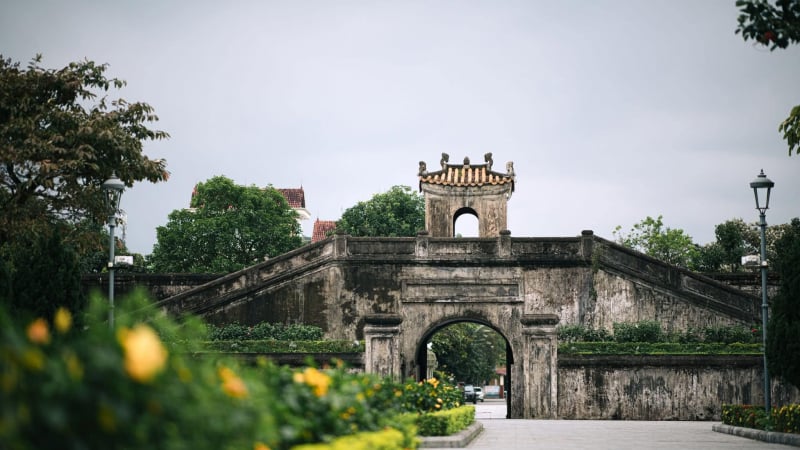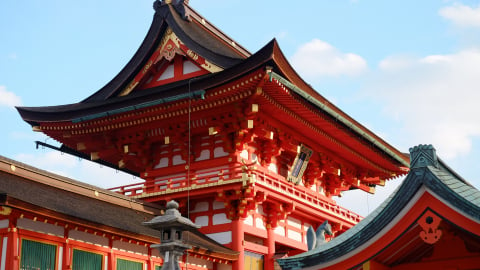April 30, 1975, a brilliant and glorious milestone etched into the heroic history of the Vietnamese nation – the day the South was completely liberated, the country unified North and South, has become an endless source of inspiration and a captivating subject for countless generations of talented filmmakers. From authentic documentaries vividly recreating historical moments to artistic cinematic works that deeply portray the image of soldiers and wartime life, all have together created a rich artistic treasure trove, giving us clear and emotional images of the great victory of the nation half a century ago.
These films and plays not only realistically and vividly recreate fierce battles and decisive historical campaigns, but also subtly portray the spiritual life, aspirations, and dreams of the Vietnamese people during those arduous years of war. Through this, these works not only educate present and future generations about patriotic traditions and indomitable spirit, but also evoke a profound sense of pride in a glorious past and the strength of national unity.
"The Wind Rises" (1966), a classic film about the suffering of wartime.
Like a strong wind fanning the flames of simmering conflicts within a family and a nation, the film "Rising Wind," released in 1966 under the masterful direction of Huy Thanh and adapted from the moving play of the same name by writer Dao Hong Cam, became a special milestone and a pioneering work of Vietnamese revolutionary cinema by directly depicting the brutal war in the South. The setting of a painful historical period, when the country was divided and families were torn apart, was recreated in a realistic and haunting way.
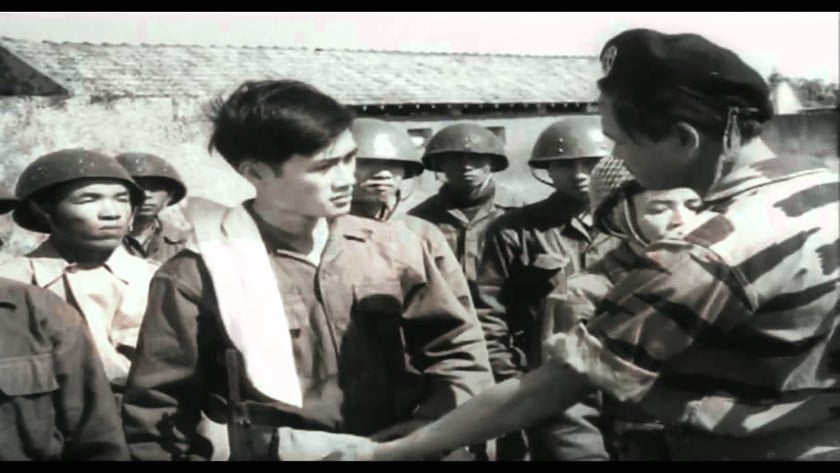
These black-and-white films bear the mark of history.
In the film, Vân (played by Thụy Vân) is a revolutionary fighter who joins the National Liberation Front of South Vietnam; while her younger brother, Lieutenant Phương (played by Thế Anh), is a high-ranking officer in the South Vietnamese army. Lieutenant Phương returns to his village to train soldiers and eliminate communists. The villagers' struggle against the American invaders and their collaborators stems from a family conflict between Phương and Vân. Vân has driven her brother out of the house, despite their close familial bond.
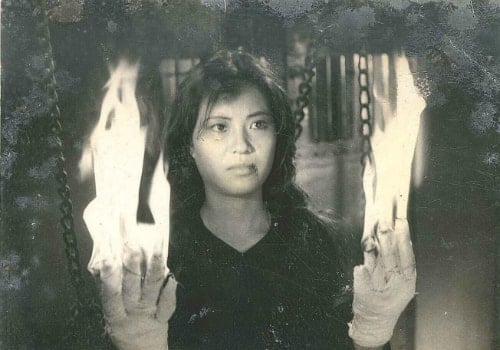
The scene left a lasting impression on viewers at the time.
The film not only celebrates the image of a resourceful, courageous, and defiant woman, but also represents the awakening of someone who has mistakenly followed the wrong path. "The plot unfolds along two separate lines: one line depicts the struggle of Ms. Vân and the villagers against the enemy; the other is Phương's awakening after witnessing the brutal actions of the American-backed regime and the tenacious struggle of the villagers," writes the book "History of Vietnamese Cinema."
"The Wild Field" (1979), a lyrical epic, encapsulates all of the nation's philosophy.
"The Wild Field" is a classic Vietnamese film, released on April 30, 1979. Directed by People's Artist Nguyen Hong Sen, with a screenplay by writer Nguyen Quang Sang and music by composer Trinh Cong Son, the film revolves around the lives and resilience of the family of Ba Do (People's Artist Lam Toi) and Sau Xoa (Thuy An) and their young child.
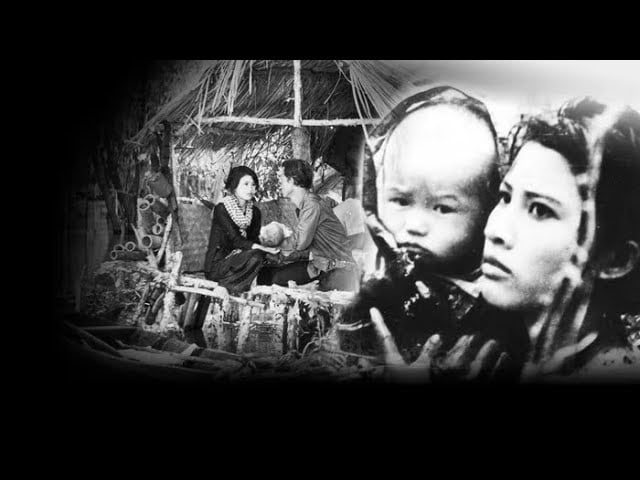
The lyrical beauty of Vietnamese revolutionary cinema.
They lived in a makeshift hut in the middle of a flooded field, carrying the sacred mission of protecting the revolutionary communication line, while also facing relentless pursuit by American helicopters. The film's setting is distinctly Southern Vietnamese, from the waterways of Dong Thap Muoi with its water lilies and wild flowers to the way people speak and exchange love songs. The film recreates the arduous years of war through the image of Ba Do and his wife and young child, who daily struggle to reclaim their land and right to live.
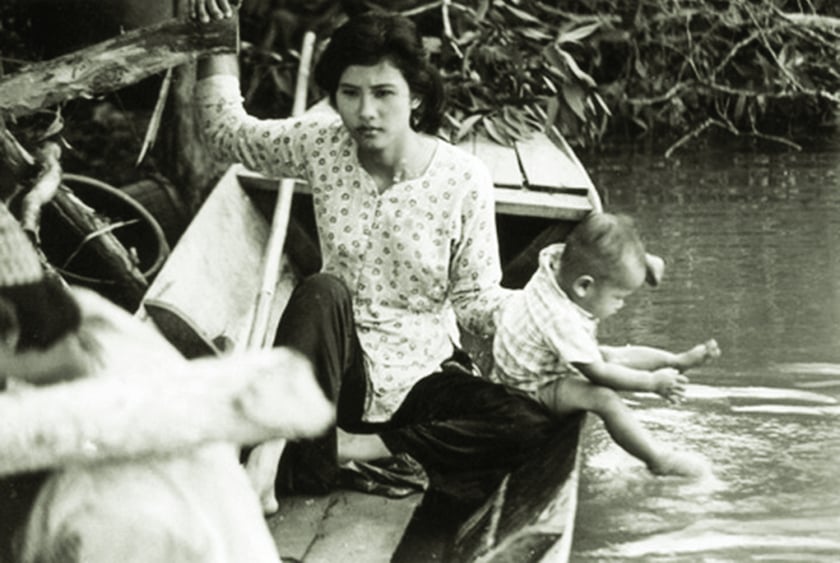
Born during a period of great hardship, this classic work of Vietnamese cinema continues to evoke strong emotions in audiences today, portraying both the unwavering determination to fight the enemy and the everyday emotions of revolutionary individuals.
The film features many unique comparisons, contrasting a small family with the overwhelming power and advanced weaponry of the enemy; the cries of a child with the roar of a jet aircraft. Between a small but exceptionally strong family and a force fueled by ruthless ambition, which side will prevail? The unity and solidarity of Ba Do's family strike fear into the enemy, forcing them to ask themselves:It's incomprehensible how this guy could live in a flooded field like that." and affirmed fearfully: "The barren field still holds the presence of a human being."The film evokes love and faith in life. And living is about learning to adapt in order to survive."
"The Cards Are Stacked Against You" (1982-1987) - a pinnacle of Vietnamese cinema.
This is an 8-episode black-and-white espionage television series directed by Khoi Nguyen. "The Cards Are Stacked Against You" is adapted from the real-life story of the heroic martyr Pham Ngoc Thao (alias Chin T), whose main character is Colonel Nguyen Thanh Luan. He was deeply embedded within enemy territory in Saigon during the American-Diem era (a key figure in Ngo Dinh Diem's family). Using his intelligence, quick wit, sharp intellect, and especially his courage, Nguyen Thanh Luan, along with his beautiful wife, Thuy Dung, worked seamlessly and effectively, overcoming all challenges, obstacles, and enemy suspicion to achieve success.
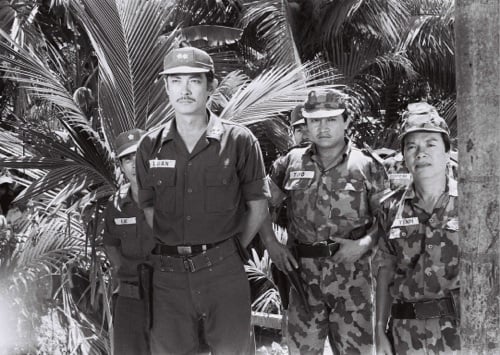
When discussing war films that left a deep impression on audiences in the 1980s and in the history of Vietnamese cinema, "The Cards Are Stacked Against You" cannot be overlooked.
Writer Nguyen Bach Dang skillfully selects crucial details, leading viewers through the conspiracies, schemes, and political maneuvering common in the political arena of that era in a coherent, easy-to-understand, and captivating manner, with impressive and intellectually insightful dialogue. Director Le Hoang Hoa not only created the tension and perilous moments of life-or-death situations, success and failure—essential elements of a spy thriller—but also maintained a leisurely yet engaging pace through his elegant filmmaking. He created beautiful shots, authentically recreating the scenery and culture of Saigon, with characters' costumes accurately reflecting the pre-1975 era, and using popular Saigon music from that time as background music.
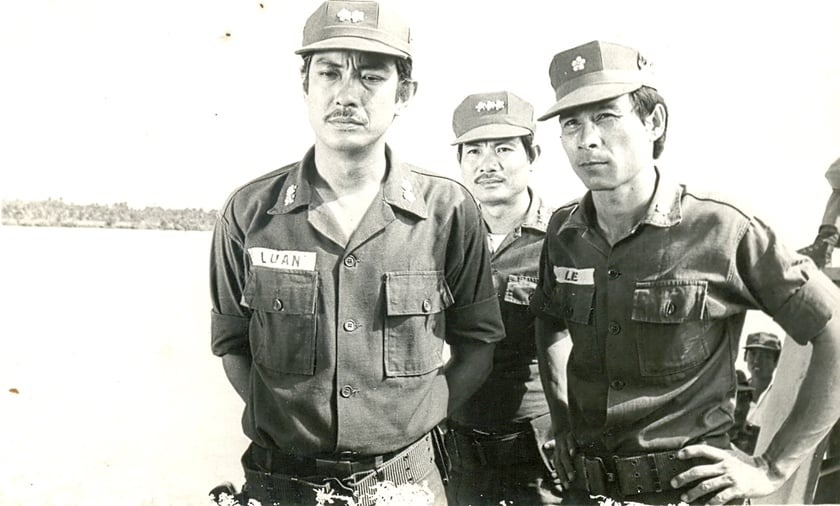
A golden film in the history of Vietnamese cinema.
Even after several decades, we can still affirm that "The Cards Are Stacked Against You" is a great war film that has left a resounding mark on the history of Vietnamese cinema. This success demonstrates the dedication, serious work, enthusiasm, and creativity of the entire team, from the director and screenwriter to the cast, especially Chánh Tín – an amateur actor who rose to prominence and became a phenomenon of his time.
"Don't Burn" (2009)
Don't Burn is a historical drama film produced in 2009, directed and written by People's Artist Dang Nhat Minh, based on the famous diary of female doctor and martyr Dang Thuy Tram. The film created a great sensation upon its release.
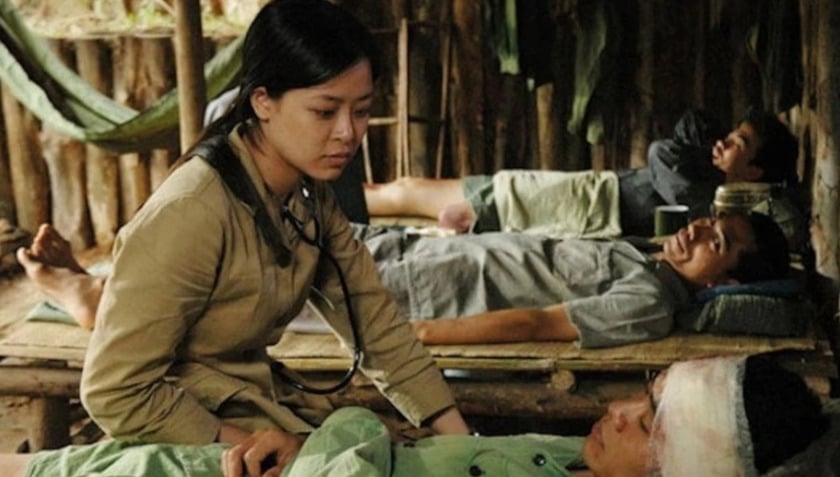
In the film "Don't Burn," Dr. Dang Thuy Tram is patient and gentle with her patients, often singing "The Song of Hope" to help them forget their pain.
The film delves deeply into the inner life and vividly portrays the beauty of the soul and compassion of military doctor Dang Thuy Tram (played by actress Minh Huong), which also embodies the spirit and fighting courage of Vietnamese youth. Furthermore, the film demonstrates the tolerance of the Vietnamese people, proving that love can heal historical wounds. This is a realistic and simple film, yet it contains a profound and powerful national character.
"The Smell of Burning Grass" (2011)
"The Scent of Burning Grass," released in 2011, was directed by Nguyen Huu Muoi, with poet Hoang Nhuan Cam as the screenwriter, based on the diary "Forever Twenty" by martyr Nguyen Van Thac. The film recreates the 81-day and 81-night battle at Quang Tri Citadel in 1972. The main characters are four soldiers: Hoang, Thanh, Thang, and Long. Originally university students, they readily set aside their ambitions to fight in the war. Thanh, Thang, and Long perished there, while Hoang miraculously survived. The story is told from Hoang's memories as he revisits the old battlefield.
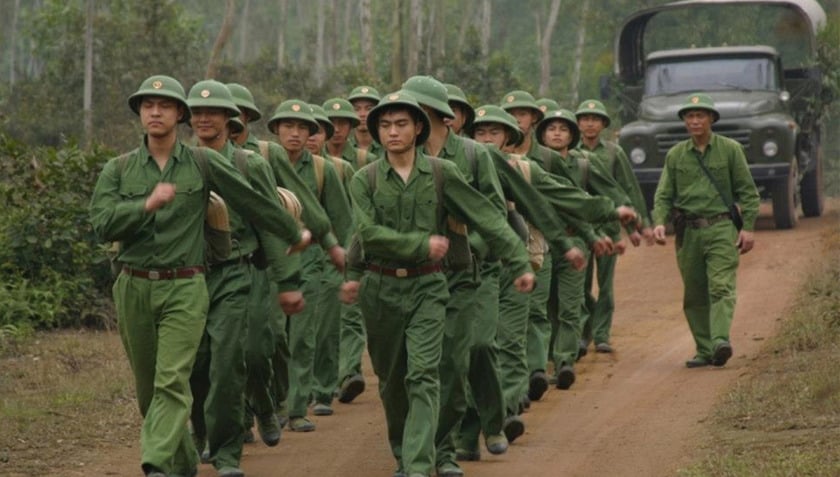
The Scent of Burning Grass is one of the first films to realistically depict the 81 days and nights of fighting by the Vietnamese army at Quang Tri Citadel – a place known as the "human meat grinder".
On the occasion of the 50th anniversary of the liberation of Southern Vietnam and the reunification of the country, re-enjoying these outstanding cinematic and theatrical works becomes more meaningful than ever. This is not only an act of remembrance and gratitude to those who fell for the independence and freedom of the Fatherland, but also a precious opportunity for each of us, especially the younger generation, to gain a deeper understanding of the value of peace and independence, the strength of the national spirit, and the will to unify the country. These films and plays are truly precious "gems" of Vietnamese culture, well worth our time to watch and reflect upon.

 VI
VI EN
EN



